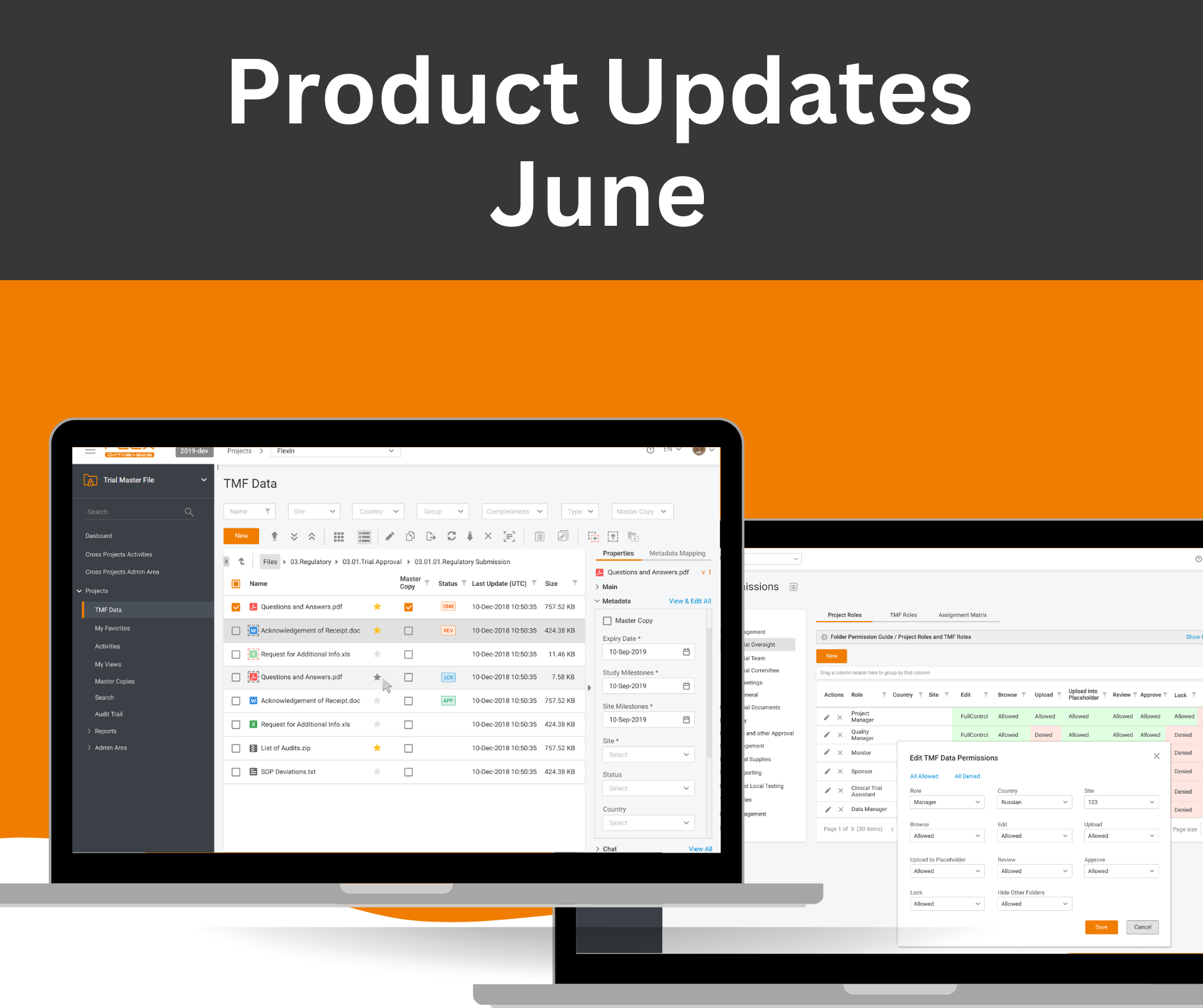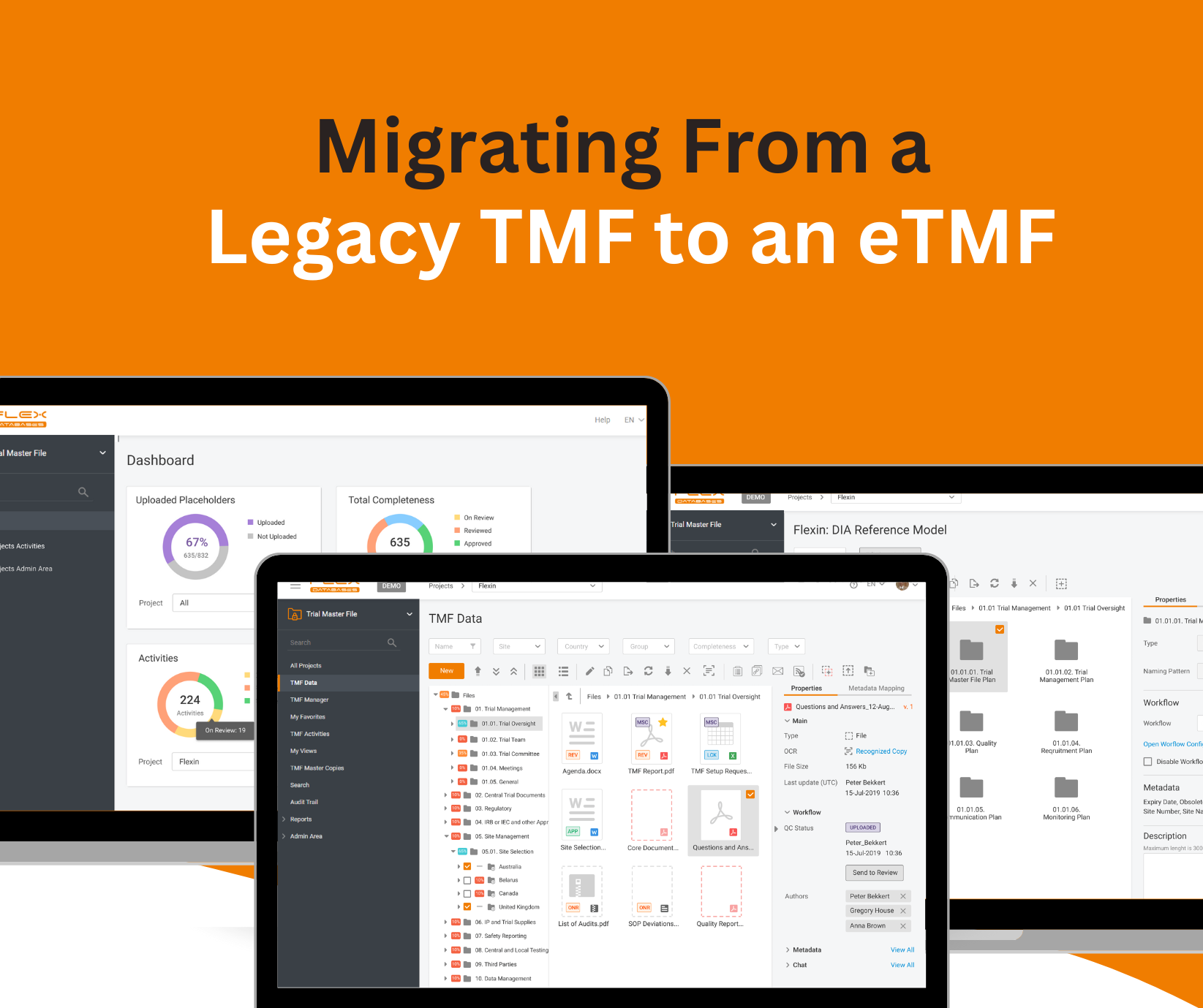Gateway to China
July 16, 2019
The drug regulatory authority of China – National Medical Product Administration (NMPA, formerly CFDA) has recently implemented a possibility to report Adverse Drug Reactions (ADR) through an XML-file submission. Flex Databases Pharmacovigilance system users are already able to do so.
There are two general ways of reporting to the regulator – manual submissions through the website and automated gateway submissions. To submit files manually, the company has to register on the Center for Drug Evaluation (CDE) website and get a login and password for a personal cabinet through an Applicant Window.
There is the second way – direct submissions to the regulator’s database through the gateway. To establish the connection between two databases the company must exchange the set of settings with the regulator and test it carefully. After the configuration is done, the company can submit XML-files directly to the reporting system, with minimal user effort involved.
Gateway submission method is the one, preferablе by the regulator. It works faster and ensures a higher level of data security and integrity – the human factor is not affecting the file during its processing between two databases. In the case of highly sensitive data, which ADRs are, it’s a major advantage. Gateway method supposes that the sender receives the acknowledgment receipt from the regulator. This receipt may contain information about submission success or reject as well as the listing of errors detected.
Both methods of submission require XML files, compliant to E2B R3, and our system is fully compliant to the format.
Flex Databases had successfully tested both methods. Automated submission is now added as a feature to our Pharmacovigilance system – and our customers are welcome to use it to submit files and check submission statuses. We also provide a possibility to export an XML file from the system for the manual submission through the CDE website.



